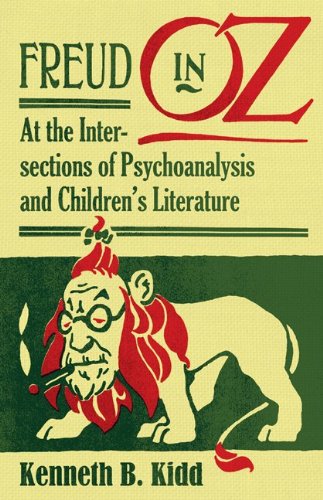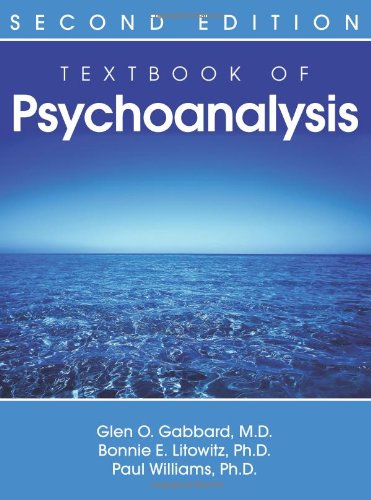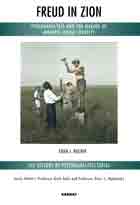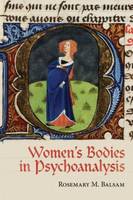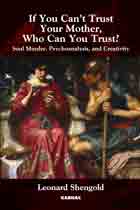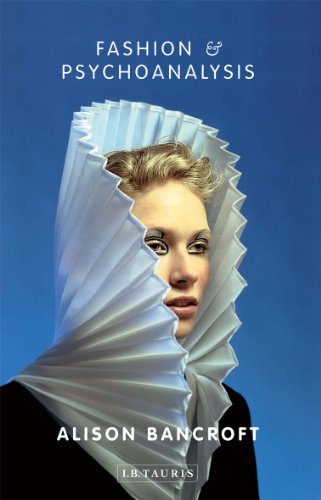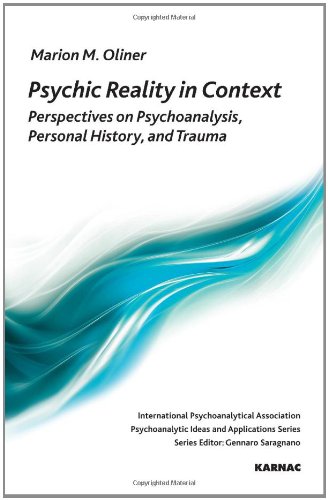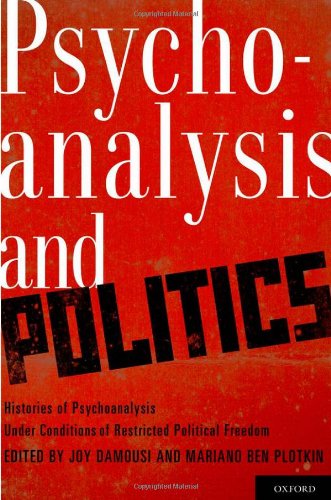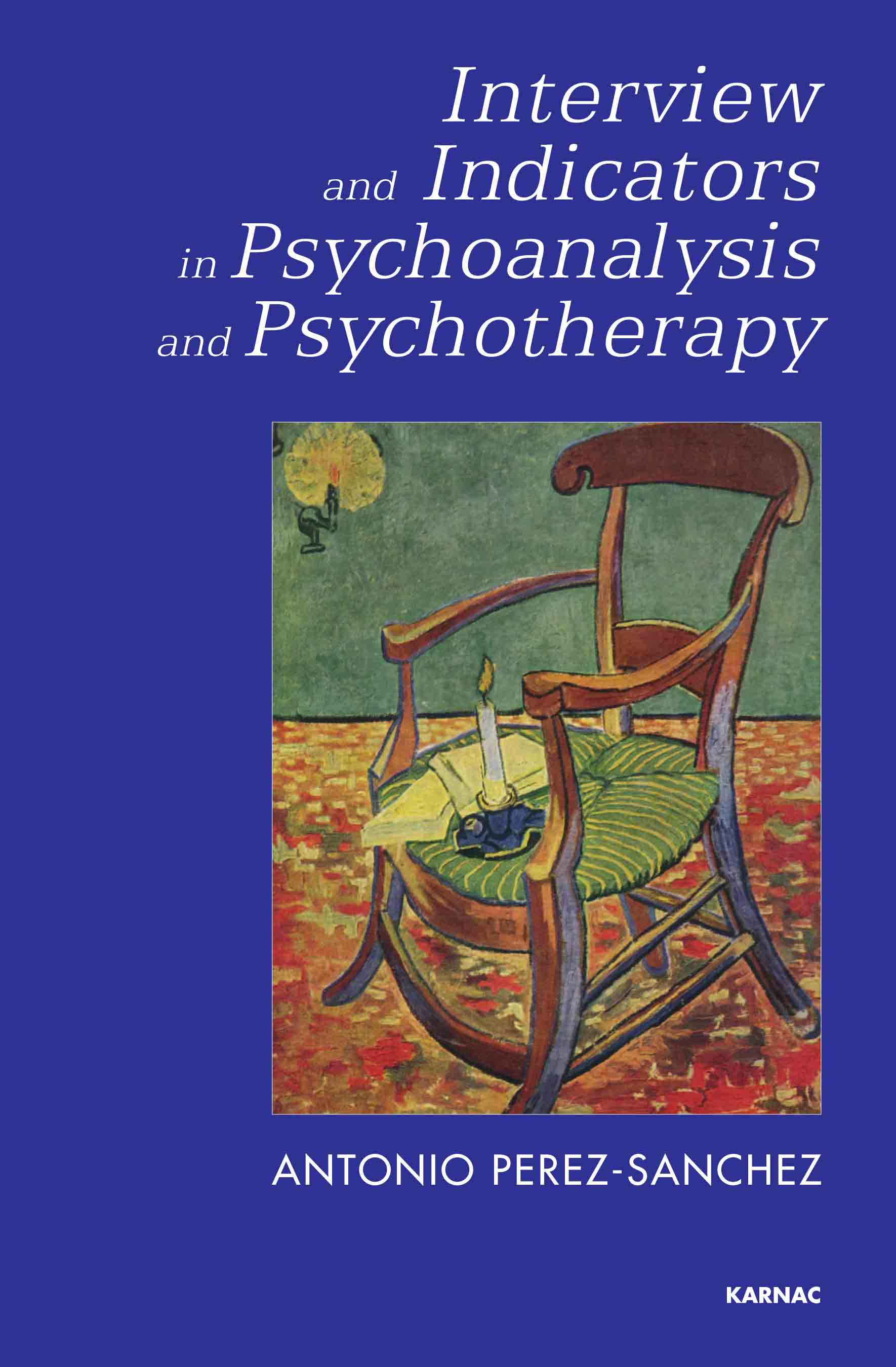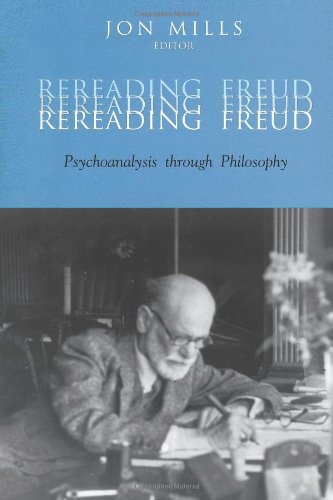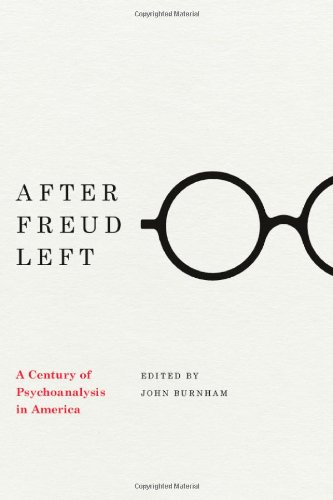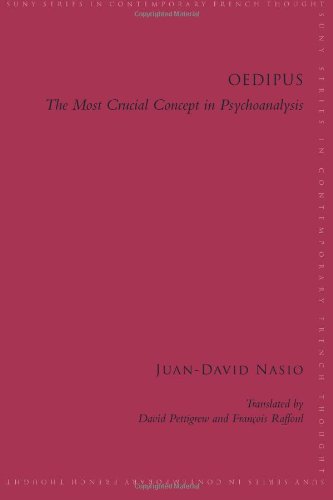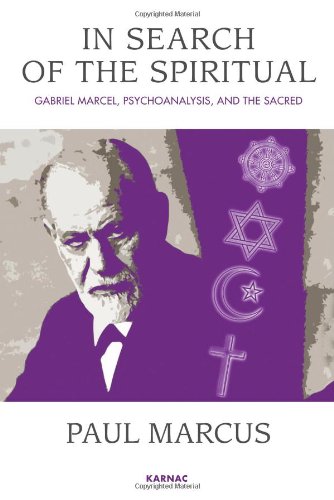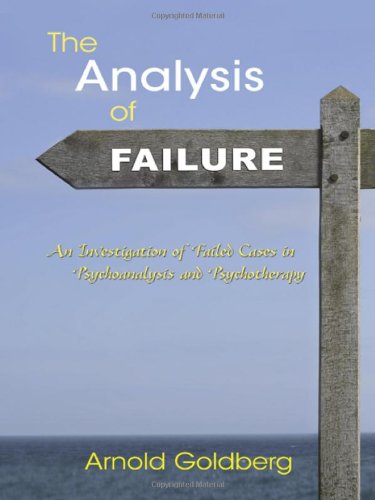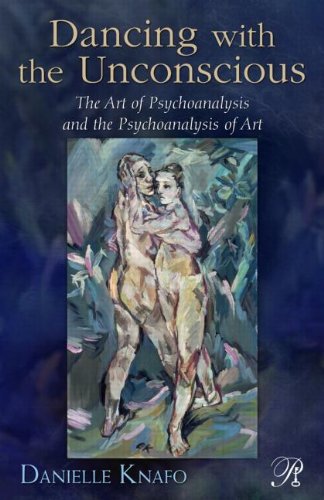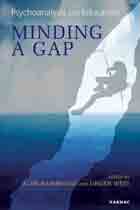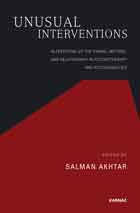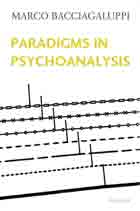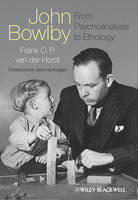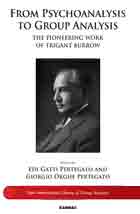Search results for "psychoanalysis"
Freud in Oz: At the Intersections of Psychoanalysis and Children's Literature
Children’s literature has spent decades on the psychiatrist’s couch, submitting to psychoanalysis by scores of scholars and popular writers. Freud in Oz suggests that psychoanalysts owe a significant... (more)
Textbook of Psychoanalysis: Second Edition
The second edition of this groundbreaking text represents a complete departure from the structure and format of its predecessor. Though still exhaustive in scope and designed to provide a knowledge... (more)
The Letters of Sigmund Freud and Otto Rank: Inside Psychoanalysis
Sigmund Freud’s relationship with Otto Rank was the most constant, close, and significant of his professional life. Freud considered Rank to be the most brilliant of his disciples. The two... (more)
Psychoanalysis in Asia: China, India, Japan, South Korea, Taiwan
The world is looking East. Whilst in the West psychoanalysis is fighting to maintain its position among the other therapies in a society which has less time for introspection and self-reflective... (more)
Freud in Zion: Psychoanalysis and the Making of Modern Jewish Identity
Freud in Zion tells the story of psychoanalysis coming to Jewish Palestine/Israel. In this ground-breaking study psychoanalyst and historian Eran Rolnik explores the encounter between psychoanalysis,... (more)
Women's Bodies in Psychoanalysis
Why has the female body been marginalised in psychoanalysis, with a focus on female problems and pains only? How can we begin to think about body pleasure, power, competition and aggression as normal... (more)
The Power of Witnessing: Reflections, Reverberations, and Traces of the Holocaust: Trauma, Psychoanalysis, and the Living Mind
Witnessing comes in as many forms as the trauma that gives birth to it. The Holocaust, undeniably one of the greatest traumatic events in recent human history, still resonates into the twenty-first... (more)
If You Can't Trust Your Mother, Who Can You Trust?: Soul Murder, Psychoanalysis, and Creativity
The main theme of this book concerns the continuing psychic centrality of parents for their children. Several chapters examine an author and his works, outlining that author’s relationships with... (more)
Meaning, Mind, and Self-Transformation: Psychoanalytic Interpretation and the Interpretation of Psychoanalysis
Interpretation is the primary intervention of psychoanalysis. Until now it has been discussed almost exclusively from a technical standpoint, rather than its relationship to the mind, human life, and... (more)
Fashion and Psychoanalysis: Styling the Self
In this innovative new book, Alison Bancroft re-examines significant moments in twentieth century fashion history through the focal lens of psychoanalytic theory. Her discussion centres on studies of... (more)
Psychic Reality in Context: Perspectives on Psychoanalysis, Personal History, and Trauma
This book skillfully combines autobiographical stories with clear psychoanalytical theories. During her childhood, the author experienced the Holocaust and was left understandly traumatised by it. It... (more)
Psychoanalysis and Politics: Histories of Psychoanalysis Under Conditions of Restricted Political Freedom
More than just a therapeutic technique, psychoanalysis as a school of thought has redefined our ideas on sexuality, the self, morality, family, and the nature of the mind for much of the twentieth... (more)
Interview and Indicators in Psychoanalysis and Psychotherapy
The book deals with initial interviews in psychoanalysis and psychotherapy, suggesting the idea of special “indicators”. These indicators relate to three main areas.
Firstly, psychoanalytical... (more)
Rereading Freud: Psychoanalysis Through Philosophy
This book celebrates and philosophically critiques Freud's most important contribution to understanding humanity: that psychic reality is governed by the unconscious mind. The contributors focus on... (more)
After Freud Left: A Century of Psychoanalysis in America
From August 29 to September 21, 1909, Sigmund Freud visited the United States, where he gave five lectures at Clark University in Worcester, Massachusetts. This volume brings together a stunning... (more)
Oedipus: The Most Crucial Concept in Psychoanalysis
First English translation of Nasio’s groundbreaking work on the Oedipus complex.
In this long-awaited book, Juan-David Nasio, one of France’s leading Lacanian psychoanalysts, argues that the... (more)
In Search of the Spiritual: Gabriel Marcel, Psychoanalysis and the Sacred
Gabriel Marcel (1889-1973), the first French existentialist and phenomenologist, was a world-class Catholic philosopher, an accomplished playwright, drama critic and musician. He wrote brilliantly... (more)
The Analysis of Failure: An Investigation of Failed Cases in Psychoanalysis and Psychotherapy
Psychotherapy and psychoanalysis don't always work. Inevitably, a therapy or analysis may fail to alleviate the suffering of the patient. The reasons why this occurs are as manifold as the patients... (more)
Couple and Family Psychoanalysis: Volume 2 Number 1
Couple and Family Psychoanalysis Journal is an international journal sponsored by The Tavistock Institute of Medical Psychology, and aims to promote the theory and practice of working with couple and... (more)
Couple and Family Psychoanalysis: Volume 2 Number 2
Couple and Family Psychoanalysis Journal is an international journal sponsored by The Tavistock Institute of Medical Psychology, and aims to promote the theory and practice of working with couple and... (more)
Dancing with the Unconscious: The Art of Psychoanalysis and the Psychoanalysis of Art
Combining theory and therapy - the clinic and the studio - Danielle Knafo's Dancing with the Unconscious extends the dialogue between psychoanalysis and art and shows how each discipline informs the... (more)
Conundrums: A Critique of Contemporary Psychoanalysis
This is the first book of its kind to offer a sustained critique of contemporary psychoanalytic thought favoring relational, postmodern, and intersubjective perspectives, which largely define... (more)
Psychoanalysis and Education: Minding a Gap
This book provides a unique and highly topical application of psychoanalytic theory to the broad context of education, including schools, universities, and adult learning. Education is understood as... (more)
Unusual Interventions: Alterations of the Frame, Method, and Relationship in Psychotherapy and Psychoanalysis
Radical departures from the set and familiar rules of technique often become necessary in the course of psychotherapy and psychoanalysis. These can include conducting a session outside the office,... (more)
Paradigms in Psychoanalysis: An Integration
This book aims at making explicit the scientific theories, termed paradigms, that the author has found useful in psychoanalysis. It lists nine paradigms: genetics, neurobiology, attachment theory,... (more)
John Bowlby - From Psychoanalysis to Ethology: Unravelling the Roots of Attachment Theory
This accessible book draws on unique evidence from oral histories and little-known archive material to shed new light on the working relationships which led to John Bowlby's shift from psychoanalysis... (more)
Desire, Self, Mind, and the Psychotherapies: Unifying Psychological Science and Psychoanalysis
Desire, Self, Mind, and the Psychotherapies unifies psychological science with contemporary relational psychoanalysis, arguing that the disciplines can be integrated if the concept of repression is... (more)
From Psychoanalysis to Group Analysis: The Pioneering Work of Trigant Burrow
This volume gathers a selection of psychoanalytic and group analytic essays by Trigant Burrow (1875-1950), precursor of group analysis and co-founder of the American Psychoanalytic Association. They... (more)
The Clinical Application of the Theory of Psychoanalysis
The “catharsis theory”, which Freud formulated when he used hypnosis, is still the prevailing theory in psychoanalysis. Freud fitted his very significant discoveries from free association into that... (more)
Psychoanalysis and Narrative Medicine
In this pioneering volume, Peter L. Rudnytsky and Rita Charon bring together distinguished contributors from medicine, psychoanalysis, and literature to explore the multiple intersections between... (more)


